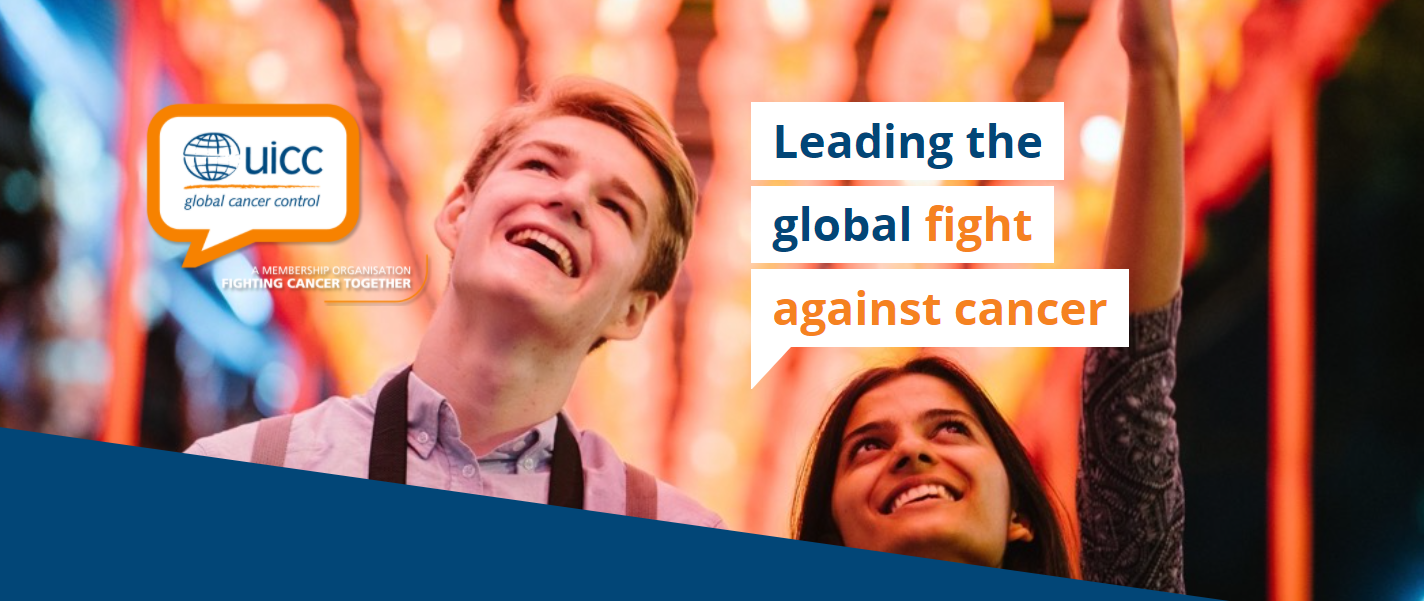
The importance of multi-stakeholder collaboration in transforming breast cancer control in Europe
Breast cancer. A frequent diagnosis that is echoed in hospitals across Europe and across the world. Breast cancer remains one of the most common cancers in EU countries, with 355,457 cases diagnosed in 2020(link is external). It accounts for 28.7% of all new cancers in women, with European women having a 1 in 11 chance of developing breast cancer. In my home country Ireland alone, more than 3,700 cases are detected annually(link is external).
Despite recent advancements in breast cancer care and survival, there is still much to be done – from prevention to aftercare. In addition, the COVID-19 pandemic has further exacerbated these challenges. During the past year, patients have not only struggled to access quality procedures throughout the whole care pathway, but many have refrained from seeking out screening opportunities due to the fear of infection. As breast cancer is treatable if detected early enough, this will have a devastating impact.
Breast cancer is a topic close to my heart and has been a consistent policy area throughout my political career. From my work with Europa Donna Ireland(link is external), the Irish chapter of the leading pan-European breast cancer coalition, to my support for the Marie Keating Foundation(link is external), breast cancer diagnosis, treatment and care has been a constant theme.
In light of a fresh impetus for cancer care at EU level, I want to reiterate my support for a multi-stakeholder model and collaboration when it comes to tackling cancer and to explain the work of Transforming Breast Cancer Together (TBCT), a multi-stakeholder coalition committed to breast cancer advocacy and policy which I chair.
TBCT: Ensuring that breast cancer is an EU health policy priority
Our multi-stakeholder initiative was established in 2017 and has significantly grown in members and activities since then. At TBCT, policymakers, patient and professional organisations and companies come together with the joint goal of elevating breast cancer to ensure that it is an EU health policy priority. To date, we have 13 members bringing their unique perspectives as we aim for improved breast cancer prevention, diagnosis and care across Europe. TBCT has provided active input into the European Commission consultation process on Europe’s Beating Cancer Plan and continues to take part in discussions with all EU institutions to highlight this crucial topic.
I believe that collaboration allows us to exploit opportunities in ways that have a greater impact as we are able to focus on topics and issues that, individually in our organisations, we would not be able to explore. Due to our diversity and multitude of expertise – encompassing medical front-line knowledge, patient perspectives, industry know-how and policy-maker insights – we can better relate to the variety of challenges that cancer patients are facing. Each organisation brings contributions to the initiative whilst the TBCT secretariat ensures consistency and provides guidance for our activities. We meet monthly to exchange views and organise advocacy work, which has been carefully planned and agreed to by all parties at the beginning of the year. At the same time, we remain flexible and react to unforeseen developments in the health policy space.
Our most recent milestone has been the publication of a Renewed Call for Change(link is external), which highlights the challenges and lessons learned from COVID-19 and the importance of the implementation of Europe’s Beating Cancer Plan(link is external) to reduce existing inequalities and guarantee the best care for breast cancer patients in the EU. As such, we call for more investment in prevention and screening as well as for better treatment and aftercare.
We are currently exploring opportunities to share our experiences and activities at both global and regional levels. I am convinced there is a wealth of knowledge that we can exchange with others to ensure that Europe’s Beating Cancer Plan is implemented for the benefit of all EU patients, regardless of their place of residence. At the same time, we should share our success stories and examples of positive collaboration globally to learn from each other and work towards developing a shared vision, which is crucial to fight this devastating disease.
Inspiring cancer advocacy
The TBCT initiative has grown and contributed to increasing the recognition of the challenges posed by early and advanced breast cancer among decision-makers, patients, advocates and the general public. However, our work does not and cannot stop there. COVID-19 has brought severe disruption to cancer services but also has shown the benefit of collaboration. Our next milestone is to support the implementation of Europe’s Beating Cancer Plan by highlighting the importance of the seamless transposition of the recommendations within the Plan to National Cancer Control Plans in all EU countries. It is crucial that those affected by breast cancer can have equal access to safe and quality procedures and can enjoy the same quality of life regardless of their location.
In that sense, I hope that TBCT can serve as inspiration for further advocacy activities in the cancer space – perhaps also in different regions outside the EU. The global oncology landscape is diverse yet we all strive towards the same goal: to better the lives of cancer patients. As such, I would encourage all stakeholders to engage in an open dialogue to share their experiences, expertise and with a view to developing a strategic collaboration that can bring positive change to breast cancer patients, survivors and their families.
 Information
Information
- Blog entry by Frances Fitzgerald, Irish Member of the European Parliament, Chair of Transforming Breast Cancer Together.
- Full article could be found at UICC Website.
